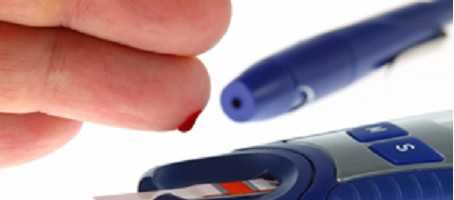A glucose-monitoring medical app that can track glucose levels without the need for finger pricking has been approved by the Food and Drug Administration (FDA).
Medical app
Developed by Dexcom Inc, the medical app allows patients with diabetes to log into a smartphone app and share blood sugar levels in real time, both securely and automatically.
The apps work with the Dexcom G4 Platinum CGM and the Dexcom SHARE cradle, using a secure wireless Bluetooth connection to transmit glucose information.
This prick-free device carries a sensor that is inserted under the skin. The sensor then transmits data to a monitor worn externally into the medical app which can be downloaded on smartphones.
Patients’ glucose levels can also be monitored by doctors and healthcare professionals who log on to the smartphone app.
While similar apps currently exist, this app from Dexcom Inc is the first to have been approved and regulated by the FDA, who anticipate the news to be met with excitement from those with type 1 and type 2 diabetics that prick their fingers daily to test blood.
“This innovative technology has been eagerly awaited by the diabetes community, mainly caregivers of children with diabetes who want to monitor their glucose levels remotely,” said Alberto Gutierrez, director of the FDA’s Office of In Vitro Diagnostics and Radiological Health.
The app has been approved as a “low-to-moderate” risk by the FDA, with other companies expected to plan similar app launches in the future, demonstrating how medical technology is transforming the landscape of diabetes.
What's new on the forum? ⭐️
Get our free newsletters
Stay up to date with the latest news, research and breakthroughs.









